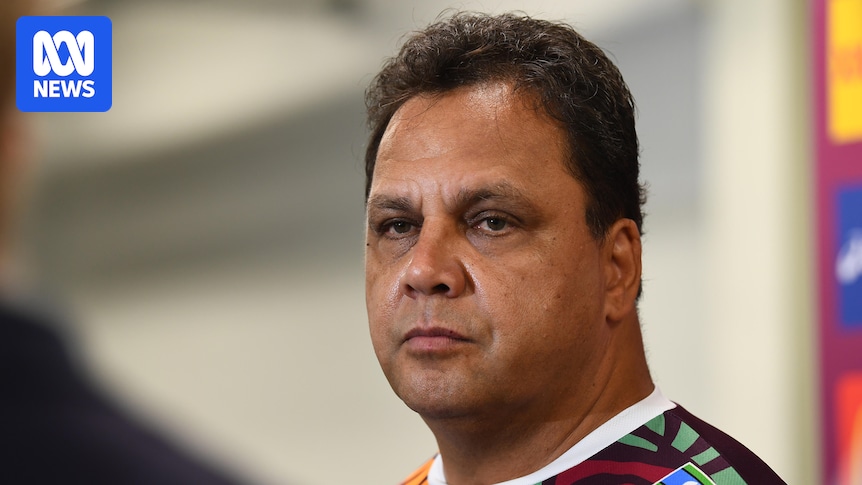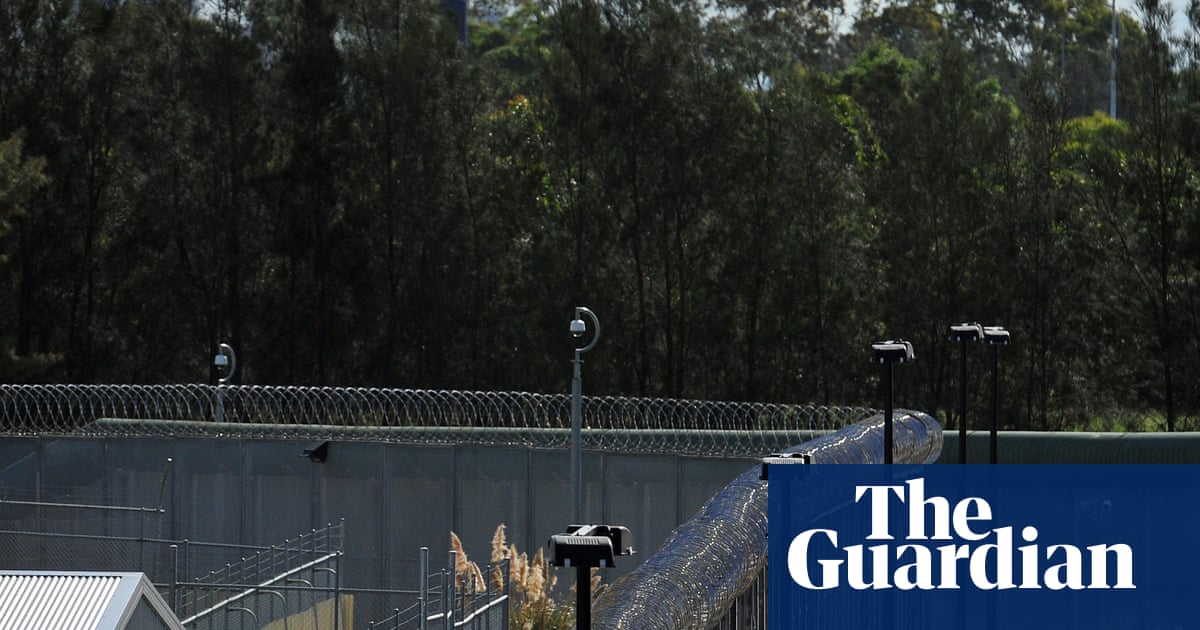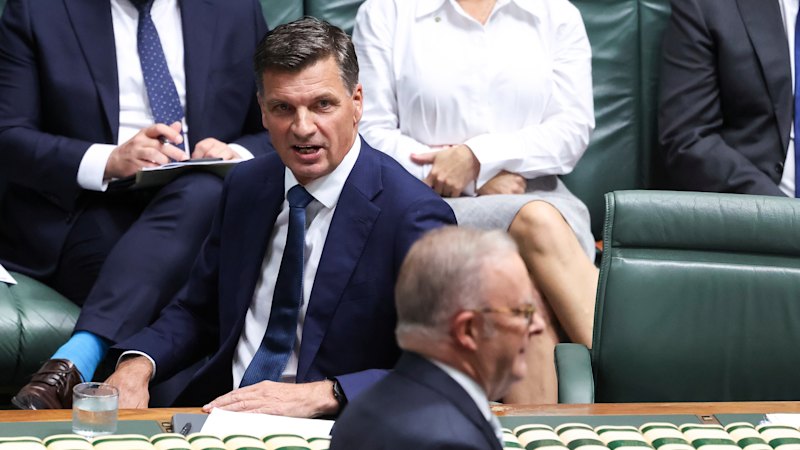
Former Brisbane Broncos star Steve Renouf has issued a public apology following his arrest for high-range drink driving in Brisbane. The incident occurred when officers conducting routine license and roadside breath tests stopped Renouf’s vehicle on Windsor Road in Red Hill just before 11 p.m. on Tuesday night.
Police allege that Renouf, aged 55, returned a blood alcohol concentration of 0.197 percent, nearly four times the legal limit. This led to his arrest and subsequent transportation to the Brisbane police watch house, where his license was suspended, and he was charged with one count of driving under the influence of liquor. Renouf is scheduled to appear in Brisbane Magistrates Court on July 16.
Renouf’s Legacy and Current Role
Steve Renouf, a celebrated figure in Australian rugby league, played 183 matches in the National Rugby League (NRL), securing four premierships with the Broncos during the 1990s. His prowess on the field earned him a revered place in the sport’s history, and he has since transitioned into a role as an ambassador for Deadly Choices, a program advocating for healthier lifestyle choices among the Aboriginal and Torres Strait Islander communities.
In light of the incident, Renouf took to social media to express his remorse. “I am sorry,” he stated, acknowledging the disappointment his actions have caused. “I have let down my family, the Broncos’ fans, the rugby league community, the Queensland public, and my mob,” he wrote. Renouf described himself as “embarrassed and disappointed” by his conduct.
Community Impact and Response
The announcement comes as a significant blow to Renouf’s reputation, particularly given his role as a public figure advocating for responsible behavior and health awareness. His association with Deadly Choices underscores the importance of setting a positive example, especially within communities that look to him for guidance and inspiration.
According to experts, incidents like these highlight the ongoing challenges of balancing public personas with personal accountability. Dr. Jane Thompson, a sports psychologist, notes that “athletes and public figures often face immense pressure to maintain an image, but they are human and susceptible to making mistakes.”
Historical Parallels and Future Implications
This development follows a series of similar incidents involving sports figures, raising questions about the support systems in place for athletes post-retirement. Historically, the transition from professional sports to civilian life can be fraught with difficulties, including the loss of structure and identity that a sports career provides.
Looking ahead, Renouf’s case may prompt further discussions on how sports organizations can better support their athletes in managing life off the field. The NRL and affiliated bodies might consider implementing more comprehensive programs focusing on mental health and lifestyle management for both current and former players.
Meanwhile, Renouf’s upcoming court appearance will likely be a focal point for media and public attention. It remains to be seen how this incident will affect his role with Deadly Choices and his standing in the community. The hope is that Renouf’s acknowledgment of his mistake will serve as a learning opportunity, both for himself and those who look up to him.







